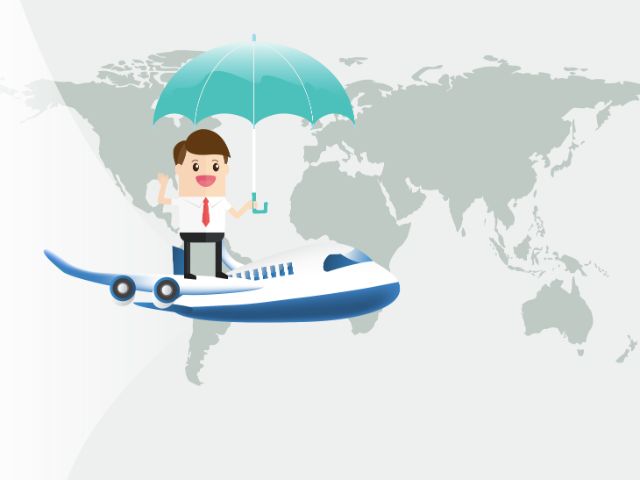
When planning a vacation or any traveling trip, travel insurance is an expense that you must also plan for. Simply put, the last thing you want on vacation is to worry about falling sick or getting injured. Spending your hard-earned money on medical bills also hurts, especially if you are used to medical insurance back home.
While illness and accidents can happen anywhere, they waste both time and money when they occur during a limited-time vacation. This is why it is good to avail the advantages that come from having travel. To learn more about How Travel Insurance Protects You Against the Unexpected While Traveling, visit our blog here.
Many travelers avoid travel insurance because they think it is unnecessary. However, it offers additional protection from unforeseen events and expenses. Getting travel insurance is pretty easy, and many different options are available. For help buying travel insurance, visit our blog Navigating Travel Insurance Options for Pakistan: Tips and Recommendations. It is
also important to know about the limitations and exclusions attached to a financial decision like opting for travel coverage.
Travel insurance is a viable option for getting financial protection and peace of mind for traveling. However, it is essential to understand the exclusions and limitations of the travel policy. This helps to ensure you have the travel coverage you will need.
Some standard exclusions and limitations to be aware of are as follows:
Many travel insurance policies do not cover pre-existing medical conditions unless you have paid for a specific rider or added coverage for such situations. Make sure to declare any pre-existing conditions during the application process.
Some policies exclude cover for specific high-risk activities like skydiving, bungee jumping, scuba diving (beyond a certain depth), and other extreme sports. If you plan on doing such activities, check if you need (to pay for) additional coverage.
Standard travel insurance does not cover trips to countries or areas that have been classified unsafe or subject to travel advisories by your government. You will probably not be covered for travel to such regions
If your belongings are lost or stolen while left unattended, such as on a beach or in an unlocked hotel room, your policy may not provide coverage.
Claims raised due to accidents that occurred due to excessive alcohol or drug use are usually excluded from coverage.
The majority of travel policies have limited coverage for mental health-related issues. Many usually exclude them altogether.
Damages or losses to self or assets due to acts of war or terrorism are excluded as a norm.
Due to fraud and misuse, all injuries or losses stemming from intentional self-harm are not covered.
Your policy may not provide coverage if you engage in illegal activities and face consequences or losses.
There are usually sub-limits for high-value items like jewelry, electronics, and cameras. Check the policy’s maximum coverage limits if you plan to travel with expensive items.
Failure to disclose relevant information during the application process can lead to the denial of your claim.
Some policies have a maximum trip duration limit. If your trip exceeds this limit, you may not have coverage for the duration that exceeds the standard limit.
Certain policies have age limits, which usually means they will not cover travelers over a specific age.
To fully understand the exclusions and limitations of your travel insurance policy, carefully read the policy documents and ask your insurance provider for clarification if needed. If specific activities or items are not covered, consider purchasing additional coverage or finding a better policy that suits your needs.
Sadia Zaheer holds a Masters in Business Administration from IBA, Karachi. After working in several financial institutions in Client Management, Corporate Lending, Islamic Banking and Product Management she jumped careers to pursue a career in writing.
She is a Finance, Business and HR Development writer with four years of experience. She reads a lot and takes care of her multiple cats to remain calm.
This post was last modified on March 26, 2024 9:17 pm
Health insurance is a financial management tool that helps reduce the amount people will pay…
A health insurance policy provides financial protection against medical expenses, however, most insurance policies have…
As 2025 starts of, Pakistan’s insurance industry is experiencing significant transformation. From technological advancements to…
Life is full of twists, and though most people plan for the future, most of…
Who do you think needs life insurance the most? Traditionally, the answer was men, as…
What do you do if a sudden event wipes out a family’s savings or pushes…